Eco-scam or greenwashing
min. reading
Greenwashing is certainly the answer to the contemporary trend of “being eco.” Eco-friendly clothing, eco cosmetics, eco-friendly cleaning products, and above all, eco food are highly desirable today among increasingly conscious and demanding consumers. However, greenwashing is definitely not the answer to the ecological needs of customers; on the contrary, it is nothing more than doing people in! Therefore, it is worth learning what greenwashing is, how to recognize it, and understand examples of greenwashing to effectively protect oneself from this phenomenon. All of this is precisely described in the article.
Table of Contents
What is greenwashing?
Greenwashing is also called “greenwash,” “ecohype,” “green deception,” and “pullin the wool over your eyes.” It is nothing more than a deception involving claiming that a given product is ecological and advertising it as such. In such cases, environmentally conscious customers may unknowingly buy the product, and even pay more for it than for a non-ecological product, benefiting only the dishonest manufacturer.
How to recognize greenwashing?
To recognize greenwashing, it is valuable to have knowledge about the “sins” committed by brand owners. Organizations fighting against eco-deception periodically publish articles explaining the falsehoods and manipulations brands engage in as part of dishonest “green PR.” One such organization is TerraChoice. It lists six basic eco-deceptions, which are described below in the hope that this knowledge will help Polish consumers distinguish honest brands from dishonest ones and make informed consumer choices.
Eco-deception 1 – Hidden Actions:
The first eco-deception involves hidden actions. It occurs when a product advertises itself as produced according to eco principles, while only one of many production stages adhered to those principles. According to TerraChoice, this “ploy” applies to over half of brands, a whopping 57%.
Eco-deception 2 – Lack of Evidence:
The second eco-deception is a lack of evidence. Often, manufacturers promote their products as ecological without having confirmation in the form of appropriate certificates. In such cases, consumers have no way to verify the information provided. This “ploy” applies to more than one in four brands, precisely 26%.
Eco-deception 3 – Lack of Precision:
The third eco-deception is a lack of precision. It occurs when product descriptions include information like “natural” or “free of chemicals,” while the product simply cannot have those characteristics. This “ploy” applies to 11% of brands.
Eco-deception 4 – Irrelevance:
The fourth eco-deception is irrelevance. It happens when brands emphasize a product feature (e.g., “product free of…”) that should be omitted because, according to the law, all products of that type must possess it. This “ploy” applies to 4% of brands.
Eco-deception 5 – Lies:
The fifth eco-deception is lying. This includes information such as a product coming from organic farming or being free of artificial colorings, while it is untrue. This “ploy” applies to fortunately only 1% of brands.
Eco-deception 6 – Lesser Evil:
The sixth eco-deception is the lesser evil. It involves advertising a product as less harmful than those offered by the “traditional” market. Examples include organic cigarettes, which are harmful nonetheless. This “ploy” applies to a very small number of brands, only 1%.
Examples of greenwashing:
Unfortunately, examples of greenwashing are not hard to come by. This type of phenomenon is so widespread that it affects a huge number of industries. We were most interested in those in which we ourselves operate, namely foodstuffs, and more specifically, teas and cosmetics. Not wanting to make an anti-advertisement to anyone, we decided not to mention the names of brands that have committed greenwashing.
Greenwashing and tea producers:
One tea producer advertised its products on Facebook as “the only vegan products on the market.” However, anyone with even a small knowledge of tea finds emphasizing the “vegan” aspect of tea surprising because tea, by its nature, is vegan, and making this obvious characteristic a virtue is simply dishonest.
Greenwashing and hotel cosmetics:
A hotel, like many others, decided to provide its guests with a set of cosmetics. These cosmetics, including shampoo, shower gel, and soap, were labeled with a large, green (and thus associated with ecological) “organic” label. There would be nothing wrong with this if not for the fact that only one of the three cosmetics was organic. This is definitely an abuse and an unfair move.
Greenwashing – apply if you want to lose customers:
Considering all the information about greenwashing, it must be acknowledged that it is a perfect way to… lose customers. Why? For one simple reason – nobody likes to be deceived, and every deception affects the reduction of trust in the brand. Rebuilding this trust is difficult and time-consuming. Therefore, remember that “green PR” is not a bad thing, but only if every eco-information about the products offered is supported by evidence.

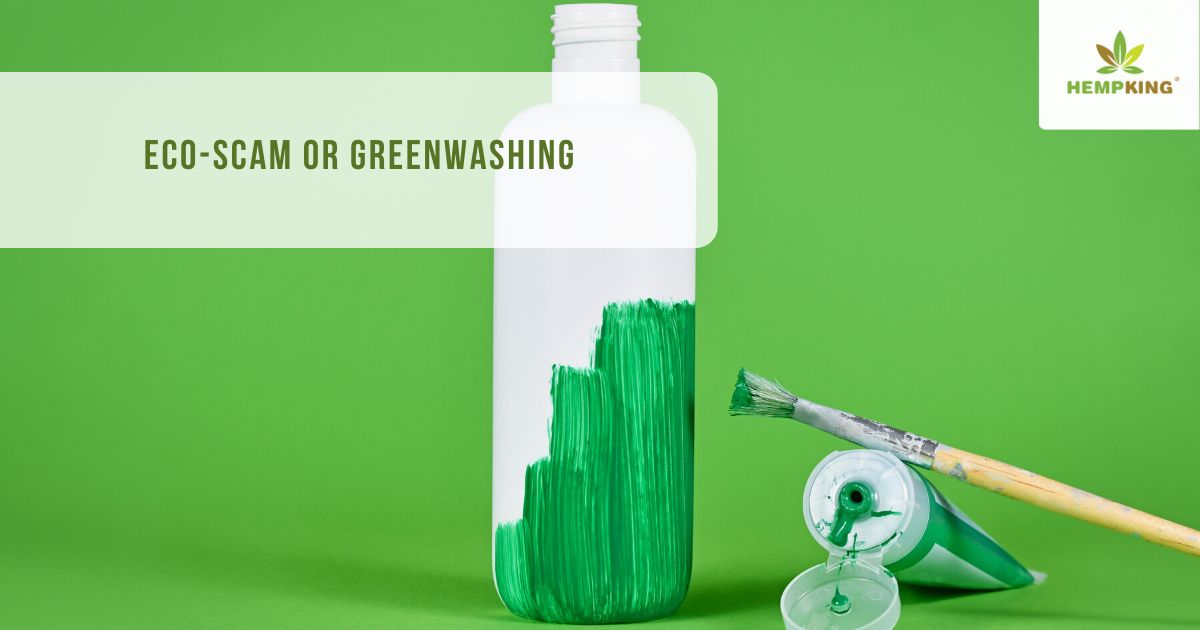

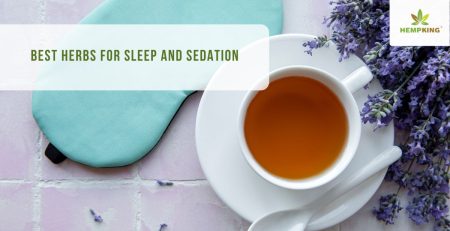
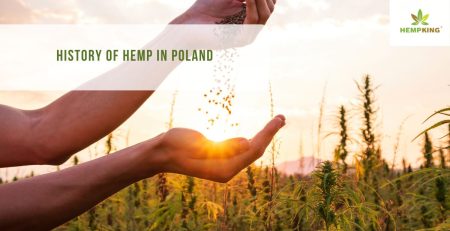
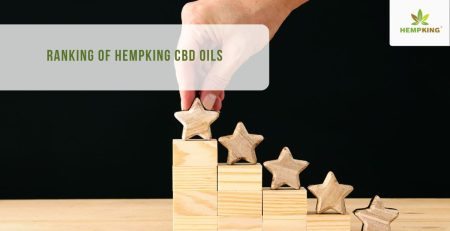
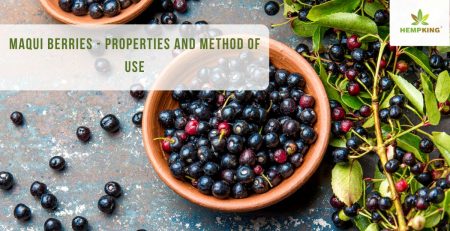
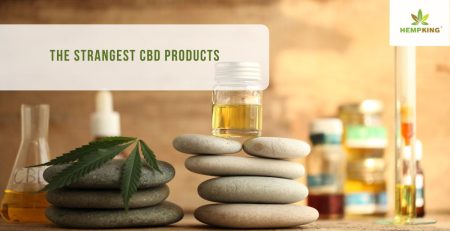
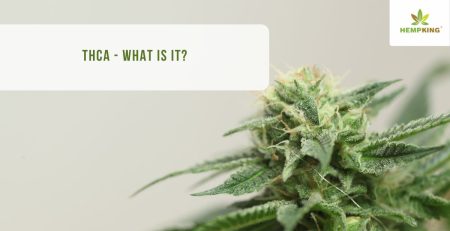
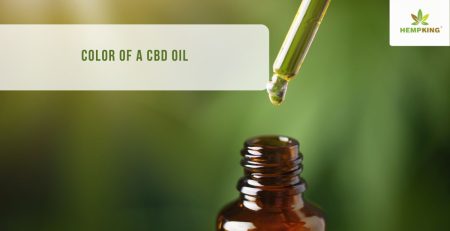
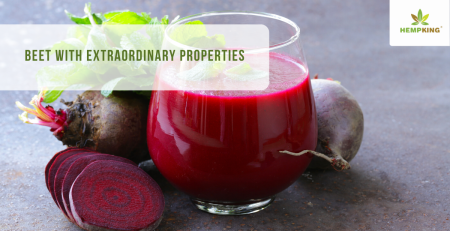
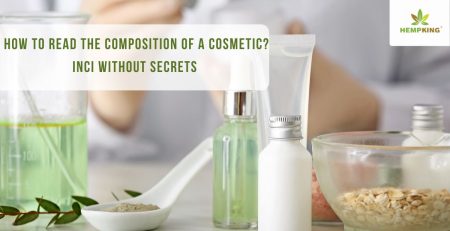
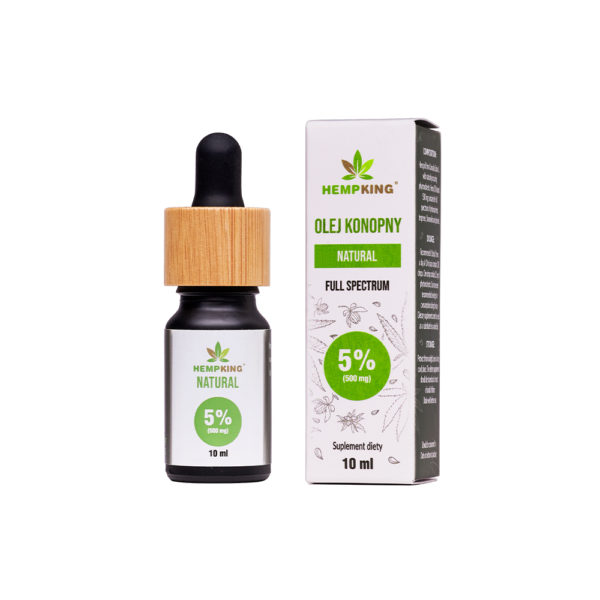
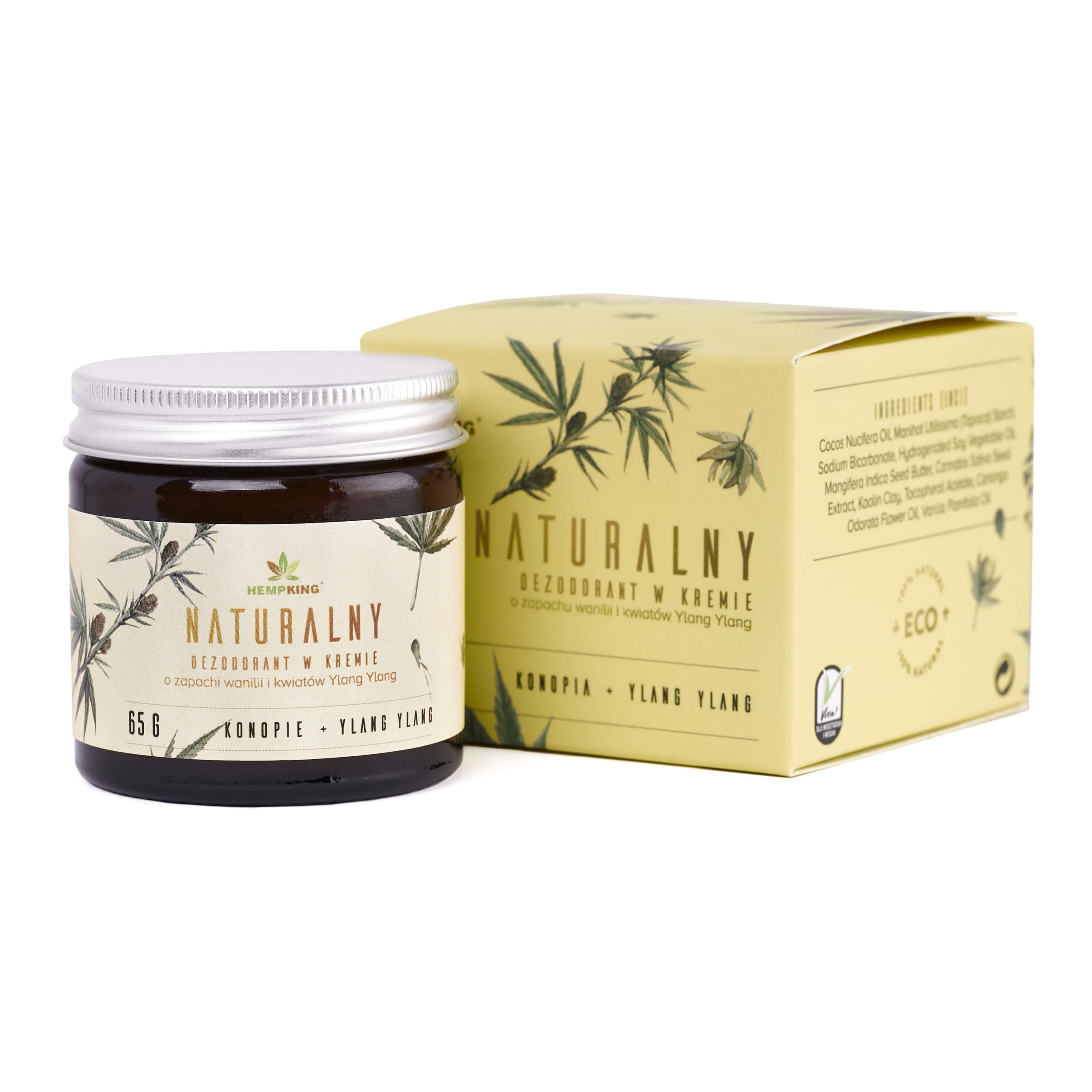
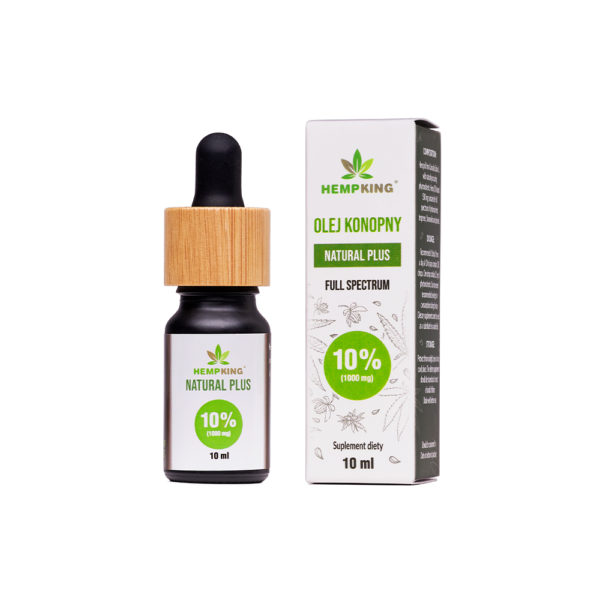
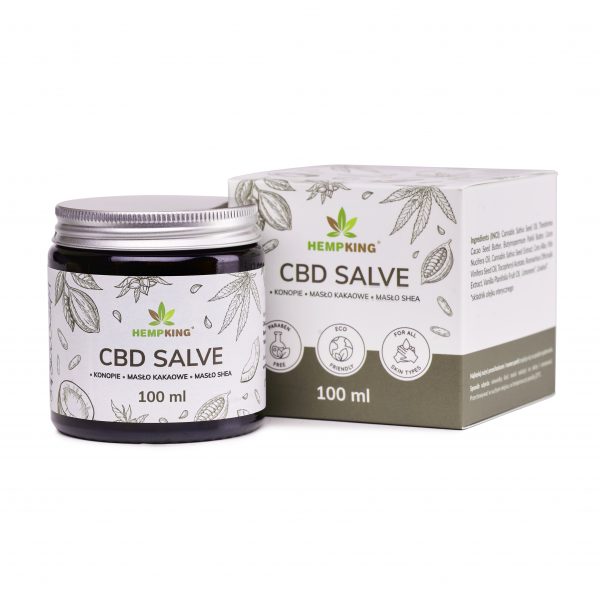
 Facebook
Facebook Instagram
Instagram

Leave a Reply